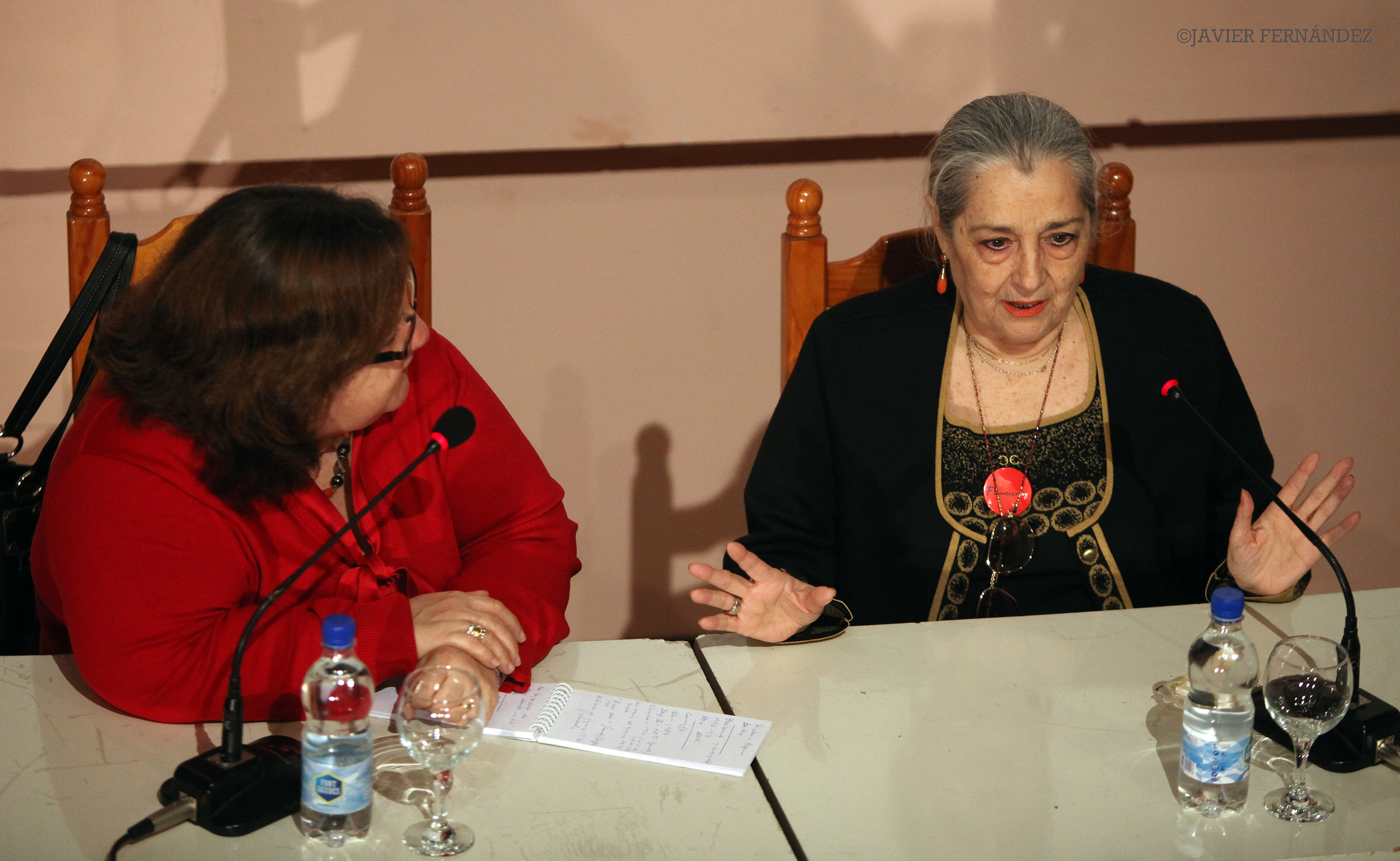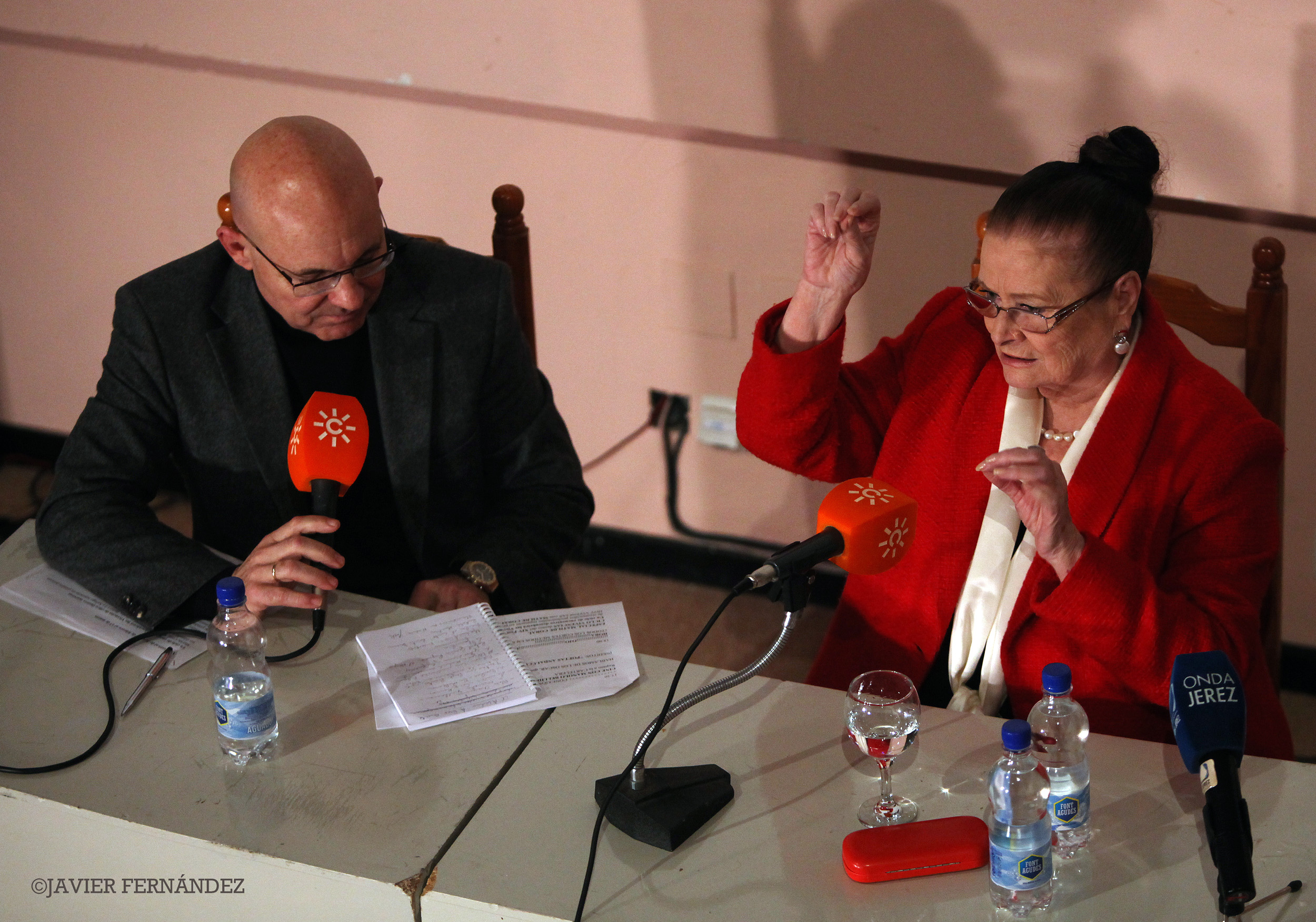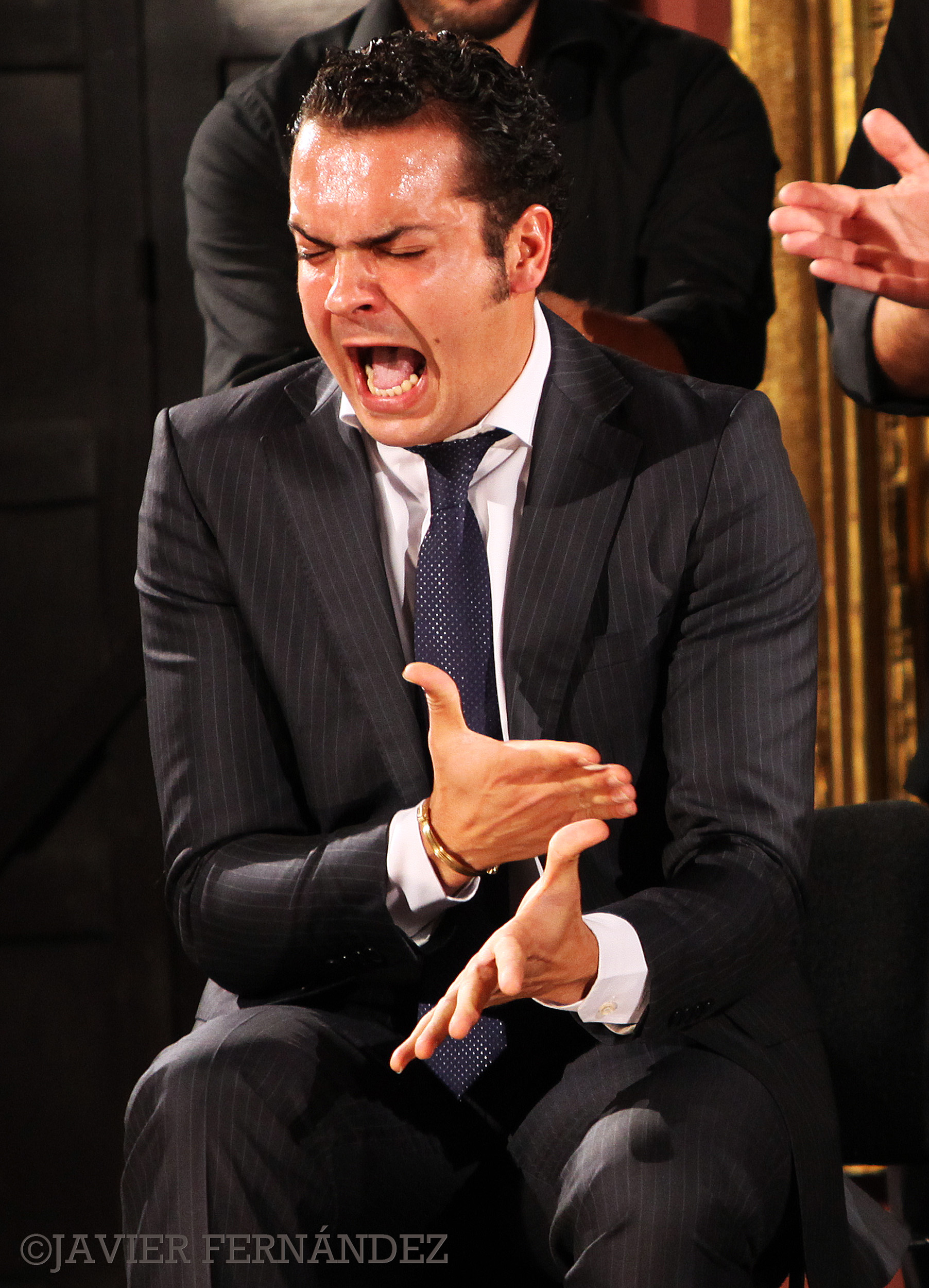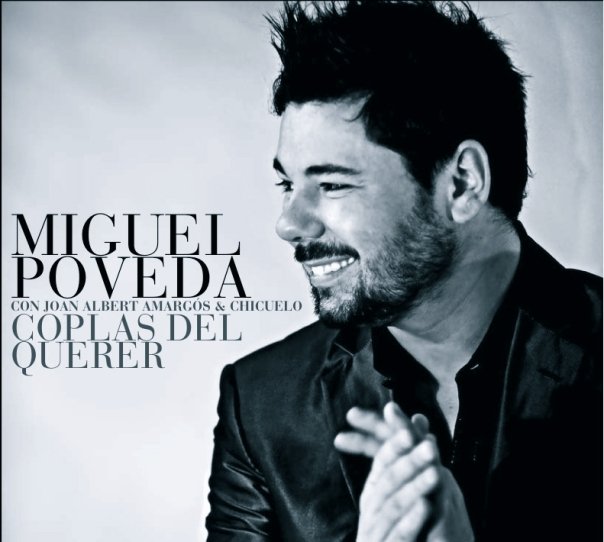His thin frame, pale skin and light colored hair made him worthy of the nickname Camarón (shrimp). José Monge Cruz, born in San Fernando, in the province of Cádiz, was born to become a living flamenco legend thanks to a powerful voice that made up for his apparently fragile physique. As a child his singing was heard in the streets of Cádiz, especially in the Venta de Vargas, where the best known flamencos, Lola Flores, Juanito Valderrama and Manolo Caracol, performed. There, amongst shrimp omelets and fish from the Bay, the singer from San Fernando grew as an artist, working side by side with important musicians and dancers of the day and earning his room and board at the same time. Orphaned by age seven, the need to work was compensated with a talent for singing, and at the age of 12, he is awarded First Prize at the Flamenco Contest at the Montilla Festival (Córdoba). From that moment on, his fame begins to spread, and in 1966, his professional career begins in the companies of flamencos such as Dolores Vargas, Miguel de los Reyes and Juanito Valderrama, with whom he tours America and Europe. The young Camarón tours the world and decides to settle in Madrid, but not before to receiving awards such as the first prize at the Festival del Cante Jondo de Mairena del Alcor in 1966. |

Although everyone who received an award at the XIV edition of the Music Awards held last night at the Häagen-Dazs Calderón Theatre in Madrid is fortunate, flamenco artists were even more so. Miguel Poveda’s name was called twice, as the singer from Badalona picked up an award for Best Album and Best Spanish Song Album for his latest work ‘Coplas del Querer.’ The naming Poveda’s recording Best Album regardless of category is an implicit acknowledgement of flamenco and traditional music. On top of receiving these two awards, Poveda’s work was also distinguishd with the Best Arrangement award going to Joan Albert Amargós... |
Matilde Coral began a new cycle at the Jerez Festival: Con Nombre Propio/Vivencias. This cycle, which is open to the public and free, presents interviews with flamenco legends.

This event is similar to when maestro Juan de la Plata interviewed Matilde Coral at La Compañía on the 50th anniversary of the Cátedra de Flamencología, but this time, the legendary dancer from Seville and the “godmother” of the festival was interviewed by Jesús Vigorra...

The singer from Jerez Jesús Méndez began the Palace Concerts cycle on the fourth day of the Jerez Festival. This young yet consecrated singer sang without microphones at the Villavicencio Palace within the walls of the Jerez Alcázar. Accompanied by Manuel Moreno Moraíto, the nephew of Francisca Méndez Garrido Paquera de Jerez, made the walls reverberate with his strong voice. At this concert, Méndez had the opportunity to sing songs from his new record “Jerez sin fronteras”.
“Farruquito Esencial” was performed at the Villamarta Theatre. Farruquito took part in the 2004 festival with the successful performance “Alma vieja,” but Juan Manuel Fernández Montoya returns this year with a more intimate and minimalist piece. He dances - without plot lines and less accompaniment on stage - some of the most representative styles of flamenco. Four phenomenal singers accompanied him: Encarna Anillo, La Tana, el Rubio de Pruna and Antonio Villar.









































 Wholesalers/Stockists
Wholesalers/Stockists Contact
Contact





